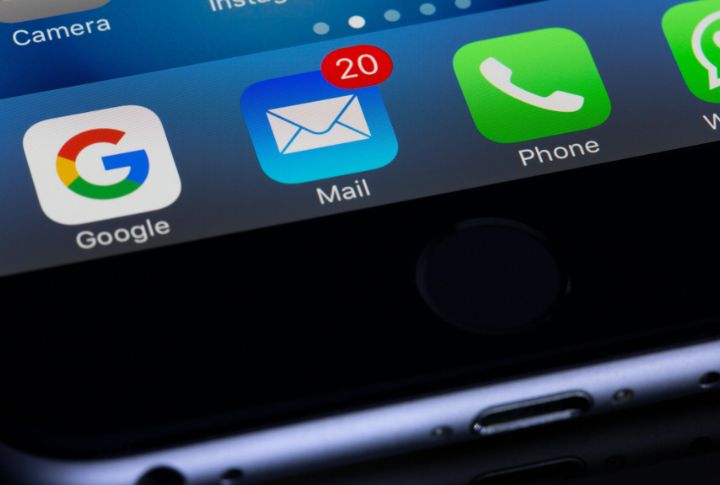
Respect at work isn’t lost in one big blunder—it usually slips away through tiny, repeated habits. Colleagues pick up on more than you think, and bosses definitely keep score. Want to stay on the right side of both? Let’s break down the rookie mistakes that quietly sabotage careers.
Oversharing On Social Media

A quick update or joke online might feel harmless in the moment, but once it’s posted, the impact can be lasting. Stories of employees losing jobs after criticizing employers publicly make that clear. All it takes is one viral post to undo years of hard work and professionalism.
Constant Tardiness

Arriving late disrupts the rhythm of everyone’s day. Frustration also builds quickly when colleagues are left waiting or schedules shift around one person. Over time, that pattern damages credibility and can quietly block promotions. Certain companies even deduct pay for small delays, a sign of how much punctuality matters at any workplace.
Ignoring Emails And Messages

Unanswered messages may feel like a small slip to you, but the consequences ripple across entire projects. When responses don’t come, deadlines shift, and teamwork suffers. Silence is often read as disregard. Managers notice these patterns too, and in some workplaces, response times are tracked to measure reliability.
Dressing Too Casually

Clothing sends signals before words are spoken, and many organization still expects a certain standard, and those who break it risk embarrassment. Employees have even been asked to leave the office for wearing the wrong attire. Wardrobe choices can tip the balance between being taken seriously and being dismissed as careless.
Indulging In Office Gossip

Talking about coworkers behind their backs might feel harmless, but it spreads faster than you expect. Before long, trust erodes and friendships sour. One whispered remark can snowball into real damage, leaving people guarded and uncomfortable at work. Teams notice, and sometimes managers step in to break the tension.
Excessive Phone Use

Smartphones have a way of pulling focus. Managers see the drop in attention during critical tasks, and performance reviews reflect it. Constant scrolling also eats into productivity, with employees checking devices dozens of times an hour. To curb the problem, certain workplaces block social apps during work.
Not Taking Feedback Well

The way you respond to feedback can shape how others see your potential. Pushing back or dismissing it signals resistance to growth. Defensive reactions will even frustrate managers and wear down colleagues. And when this pattern repeats, employers often design programs to manage employees who reject constructive input.
Skipping Meetings

Meetings shape decisions, and skipping them means losing a voice in the process. Absence is rarely overlooked, with colleagues interpreting it as a lack of commitment. Remote platforms reveal another problem: logging in without contributing. Over time, absenteeism is frequently tied to weaker performance reviews and smaller raises.
Poor Email Etiquette

Every email you send leaves an impression that lasts long after it’s opened. A casual tone, slang, or a flood of emojis can make the message feel careless, and clients usually read that as unprofessional. Many workplaces have even banned emojis entirely to underscore the importance of professional communication.
Neglecting Workplace Hygiene

Shared spaces reveal habits faster than most people realize. Complaints about body odor or messy desks often end up in HR records, and a cluttered workspace quickly creates the impression of poor work habits. In a few offices, fines are also issued for untidy areas.
